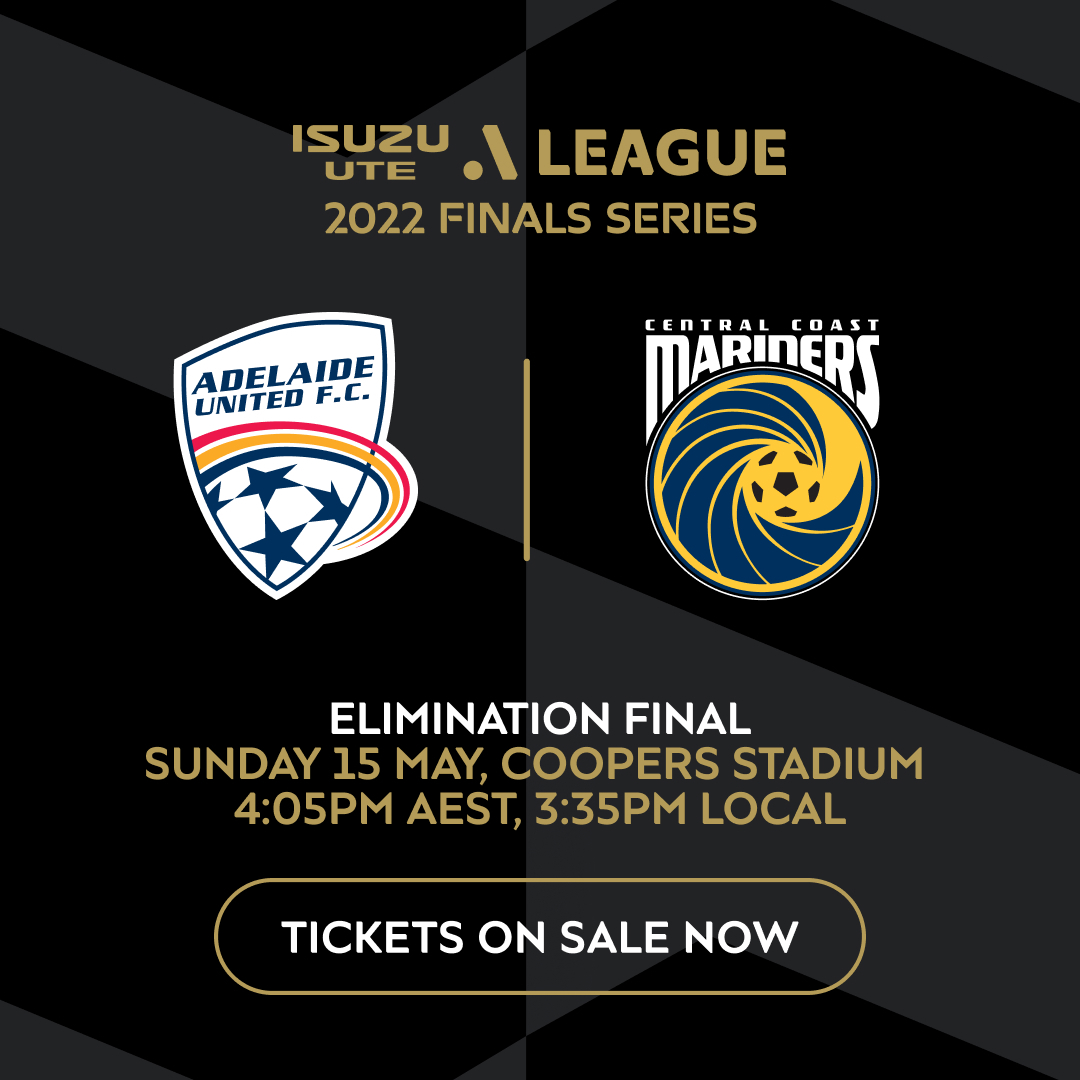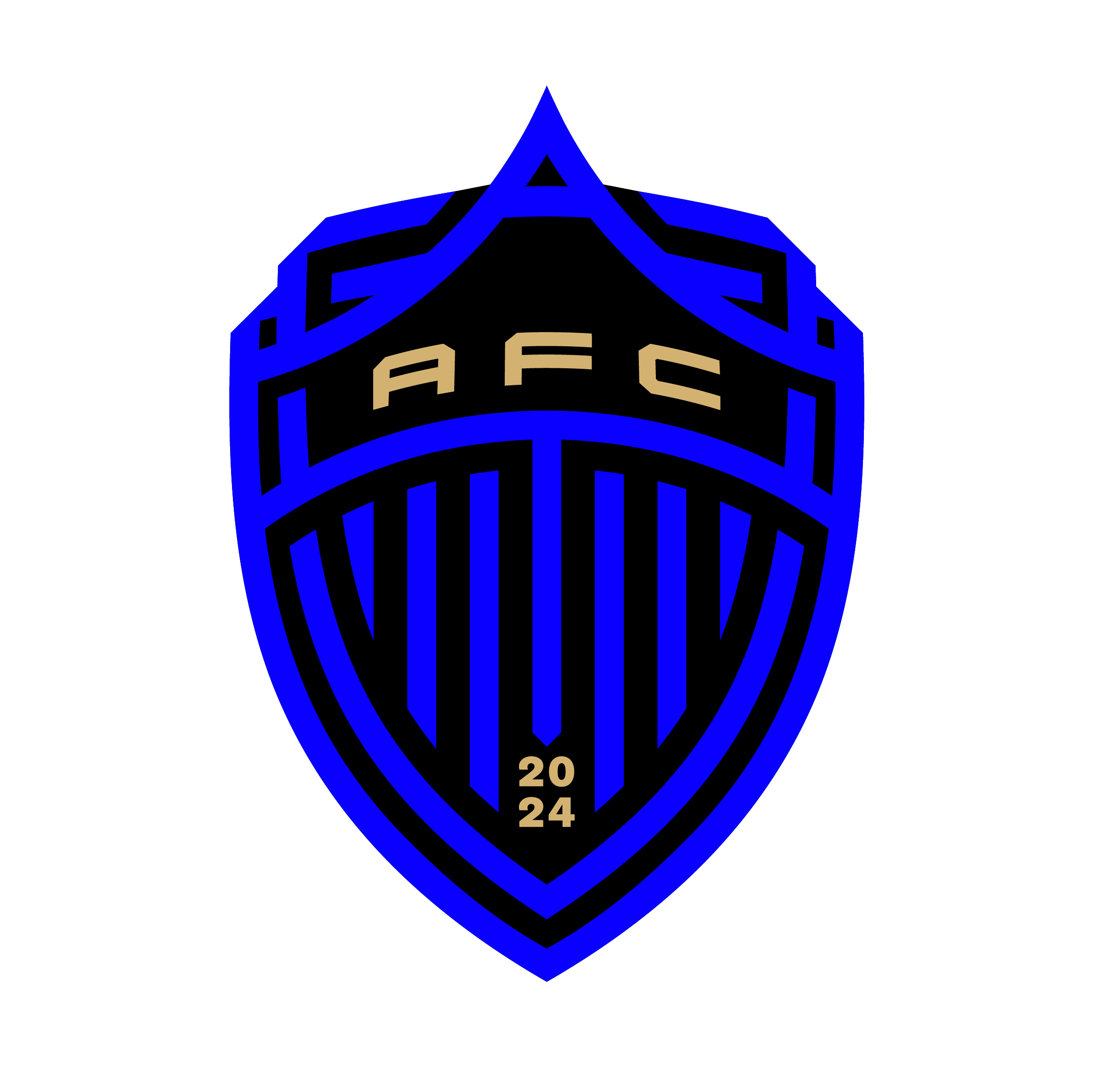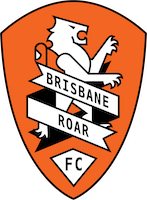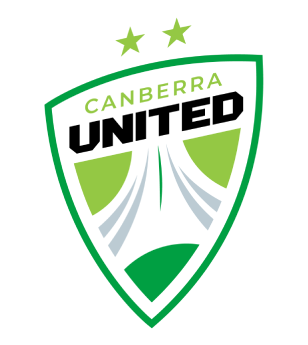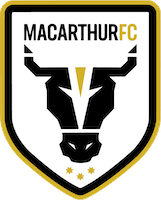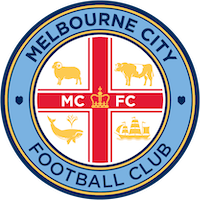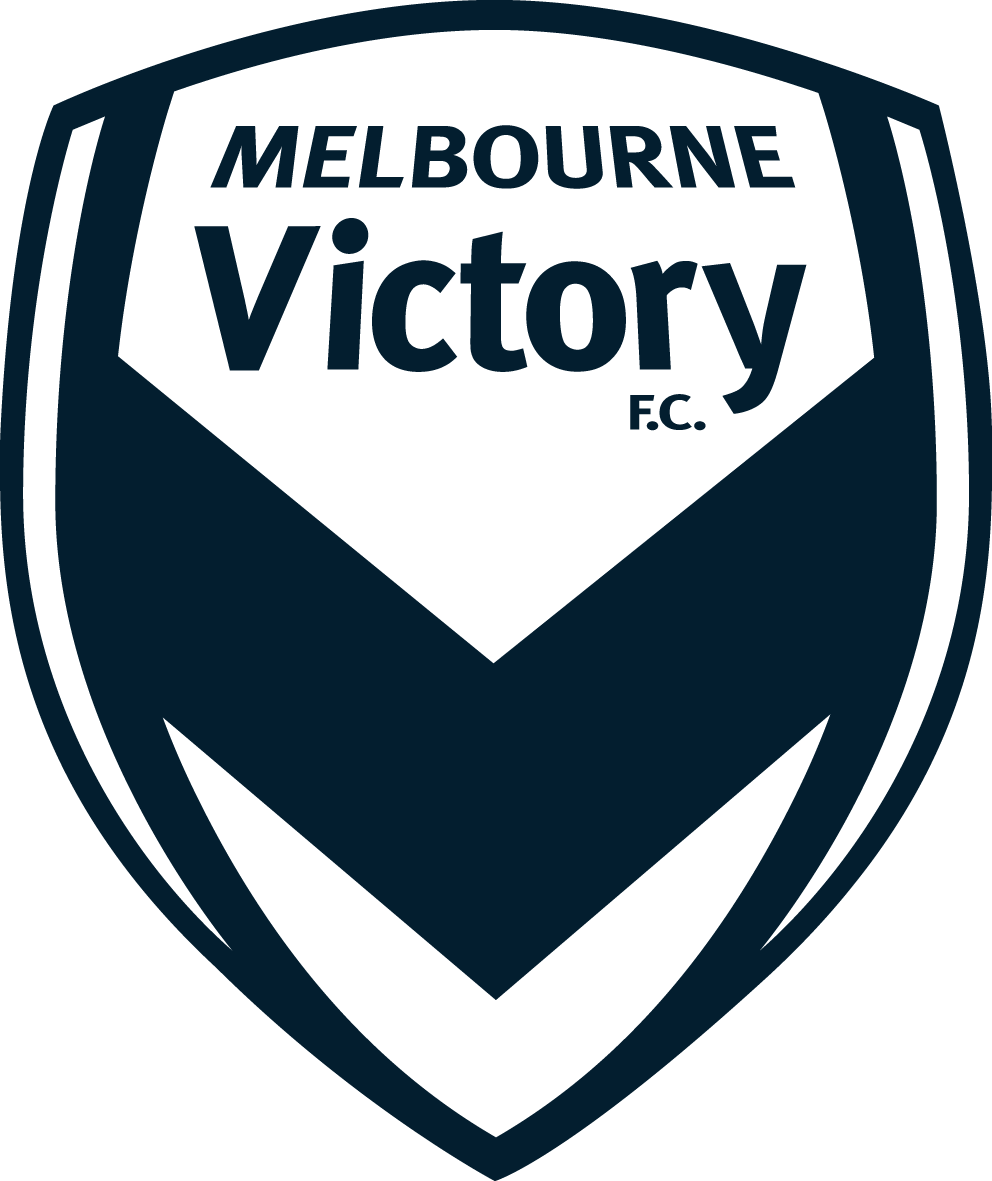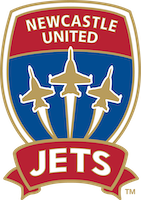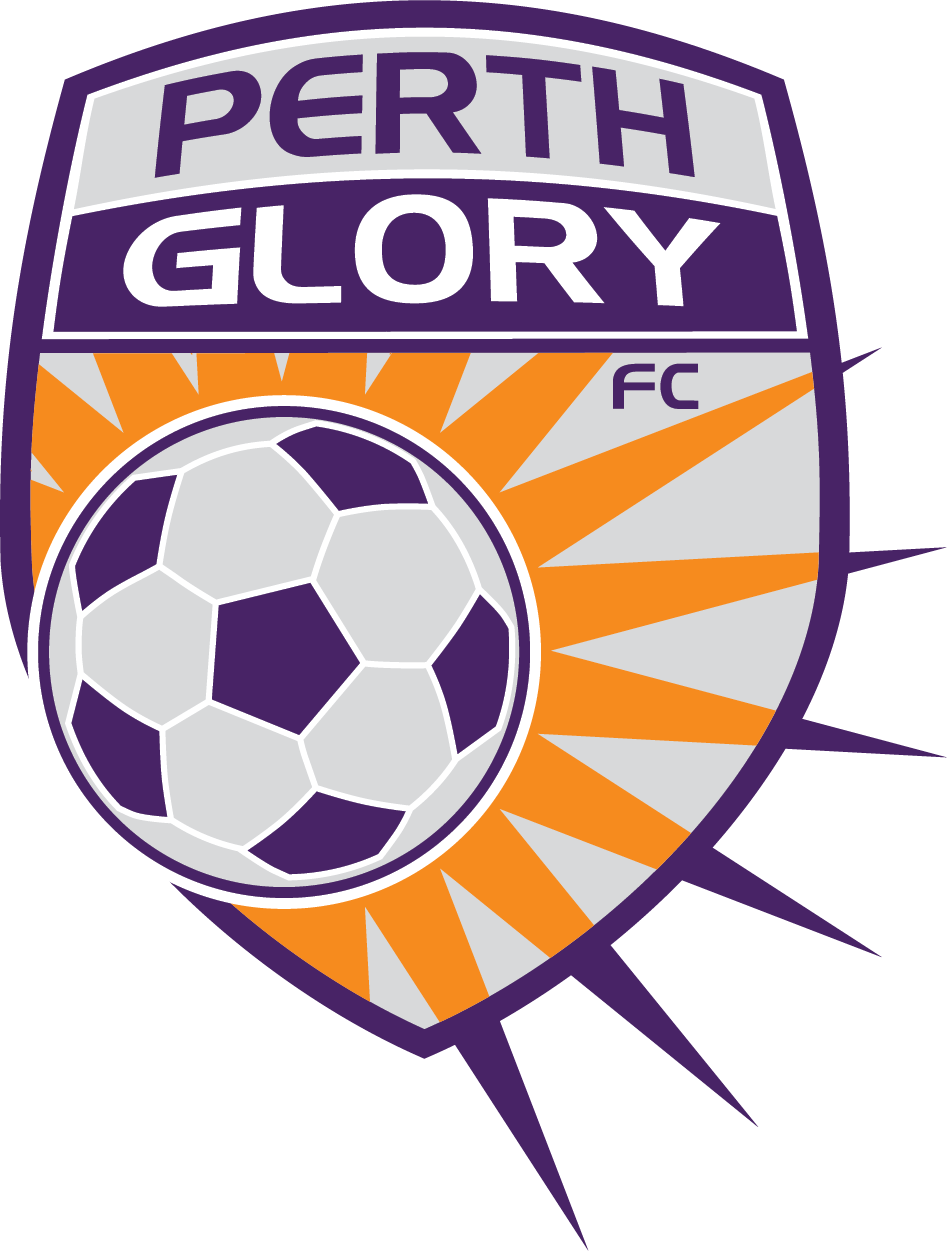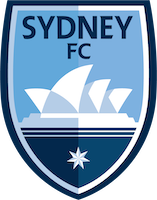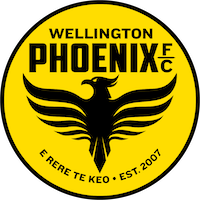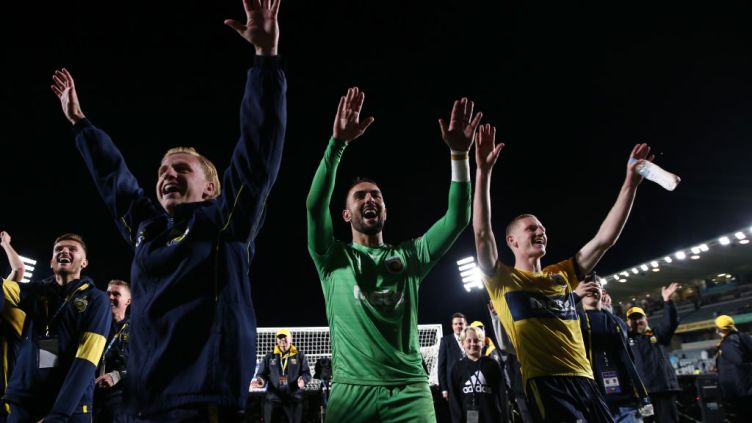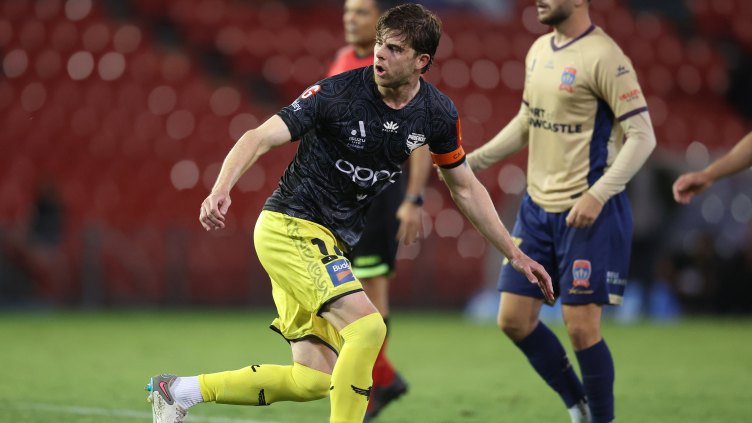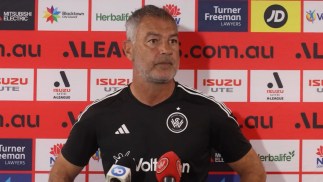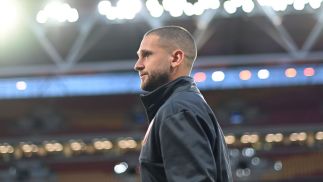You couldn’t get a much greater contrast between the suburbs of Luton, a rather drab town 60 minutes north of London, and the natural beauty of Copcabana on the NSW Central Coast, but both have played key roles in the football adventures of Richard Peil.
The gym owner, businessman and sports scientist came to the Mariners as a parent a few months ago and ended up buying the club. In his 50s, it’s a different kind of football dream to the one he pursued in his teens; playing for Wollongong Wolves, trialling in England and joining Luton Town before injuries, attitude and the fact “I wasn’t good enough” led him back to Australia in his early twenties.
His rehab from knee operations became his livelihood, buying a gym almost immediately and now heading a multi-million-dollar business that runs the Anytime Fitness franchise network in Australia. For months he was working on a bid for an A-League team in Canberra, until his son won a place in the Mariners academy earlier this year.
Peil says that as he became more aware of the club, he began to understand its potential. Now, under a three-year transaction, Peil becomes majority shareholder and will commit increasing levels of funding to the Mariners over that three year timeframe.
Peil is at pains to emphasise he has bought into a “robust” A-League set-up with an impressive academy system that has already provided numerous players for the first team this season. As the Mariners prepare for Sunday’s elimination final away to Adelaide, Peil tells KeepUp why he has taken the plunge.
KeepUp: what did you see in the club to decide to put money into it?
Richard Peil: The more I looked at the Central Coast situation, the more I realized it was pretty unique to have 300,000-plus people with only one (football) code. Then I got to meet (CEO) Shaun Mielekamp who I think’s done an amazing job, (head of football) Ken Schrembi and I spent some time with (head coach) Nick Montgomery – we were both born in the rougher parts of Leeds, so we had that common trait.
In fact my youngest memory as a kid was at Elland Road (Leeds United’s ground) for a reserve match with my dad and (Leeds legends) Bremner, Lorimer, Hartley, Madeley, Gray, all these guys walked across in front of me with their kids. That’s my youngest memory, believe it or not.
It’s always a dream of one day being involved in the ownership of the club and I’m lucky enough to have done well enough in business and had a lot of luck in business. And so it’s time to put something back into the game.
KU: What difference can you make in the short and medium term?
RP: In the short term, it’s putting some very solid sports science systems in place, things that from what I’m hearing really aren’t being utilised anywhere in the Australian football landscape. My background is sports science, I’ve been involved with athletes from Olympic level right down to junior kids.
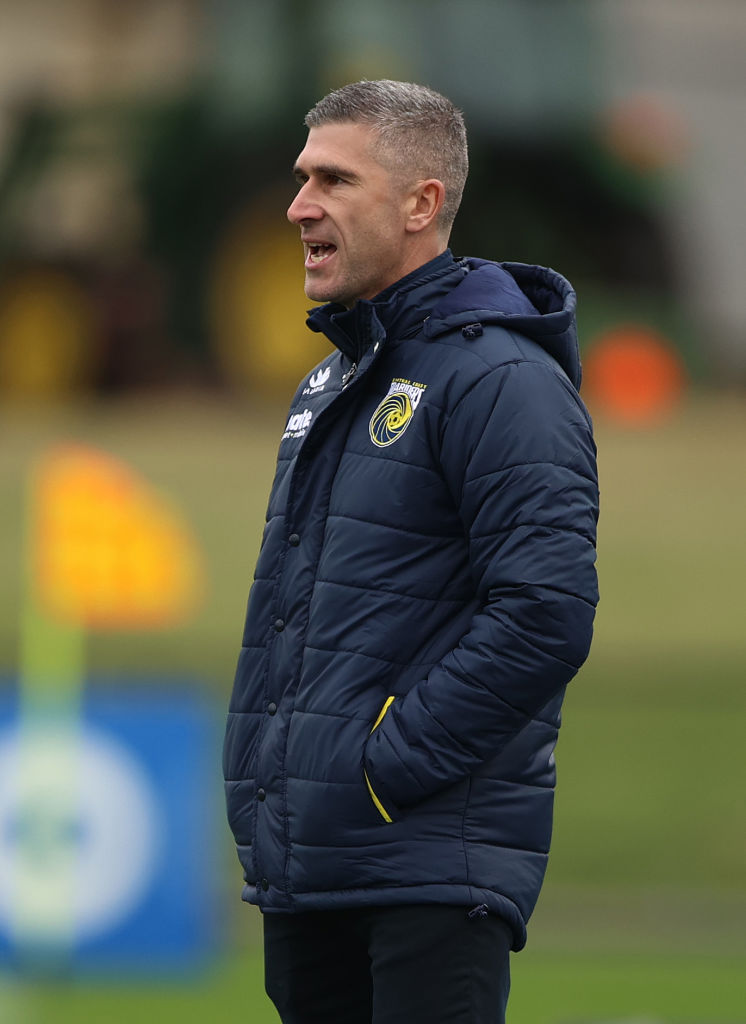
I think the first we can do is make every single player there a better athlete – through science not through just flogging them. Better athletes through utilising basically the same sort of sports science that’s used in almost all of the college systems in the US.
Then there’s securing the coaches that are there for the long term. I’m not a fan of this year-by-year situation. I think Nick and (assistant) Serge Raimundo are bloody good at what they do. I’ve been lucky enough to have sessions from some really great coaches like William Wallace, David Pleat, Frank Arok (but) these guys are on another level. I know coaching in football has advanced a lot over the last 20 years but the preparation is just extraordinary to watch and listen to.
KU: It’s an interesting deal the way, you’ve structured it. Can the club expect better resources in the long term or is it more secure resources?
RP: Definitely better resources. (Outgoing owner) Mike Charlesworth doesn’t hide from the fact that survival has been the key to how he has funded the club. I’m not interested in just survival. I want to be competing for the top four, and Nick and I are very aligned on that.
If we’re going to do this, and it was a discussion we had before I made the offer to Mike, what do we think we can do with X amount of budget? I’m already resourcing the playing department, the sports science department and the coaching areas higher than it’s been previously.

I’ve been lucky to be able to spend time with some of the best sports scientists and sort of expand my knowledge around the cutting edge side of the industry. We’ve got a very good sports science department (but) we can help resource those guys a little bit better.
There’s technology today where you don’t have to guess the overload levels of athletes, but we’re not using it. That’ll be the first thing that we do, have everybody monitored 24/7 on how well they’re recovering, how well they’re sleeping. We can monitor load levels daily, weekly and chronically over a two to three month period, what their overload levels are.
KU: What happens in three years, whether it’s a roaring success or you’ve had enough?
RP: Well, it’s a 10 year gig for me, I want to be really clear on that. The three year term was really negotiated because I want to make sure that my industry bounces back the way I expect it to, nothing to do with my commitment to the club.
I didn’t want to get there in three years’ time and the fitness industry isn’t quite performing at the level that that I need to to be able to indulge in something like this. But I can tell you if I was renegotiating the deal today it would probably be different because from when I started talking to Mike about the deal probably four months ago to today, our industry has bounced back, weirdly well.
Within about four weeks, my company Anytime Fitness will be at its highest ever number of active members, over 570,000. Even four months ago, I’d have said (there was) no chance.
So there’s no intention of bailing after three years – the deal is structured there to make sure that I can continue to fund it. However, I want to be clear as well, I wouldn’t be doing this if I didn’t think that by the fourth year we’ll be at least washing our face at the Central Coast Mariners, ie I think we can cover our costs. And then I believe within five years it will be a profitable business.
But even when this venture is profitable, I won’t take any operating profit out from my percentage of the club. Any money that my wife and I are entitled to out of the club will be put back into my wife’s charity, which is called the Young Boys Foundation which is an organization that helps educate and help survivors of child sexual abuse and and back into local sport onto the central coast. So I have zero interest in taking profit out of the club.
